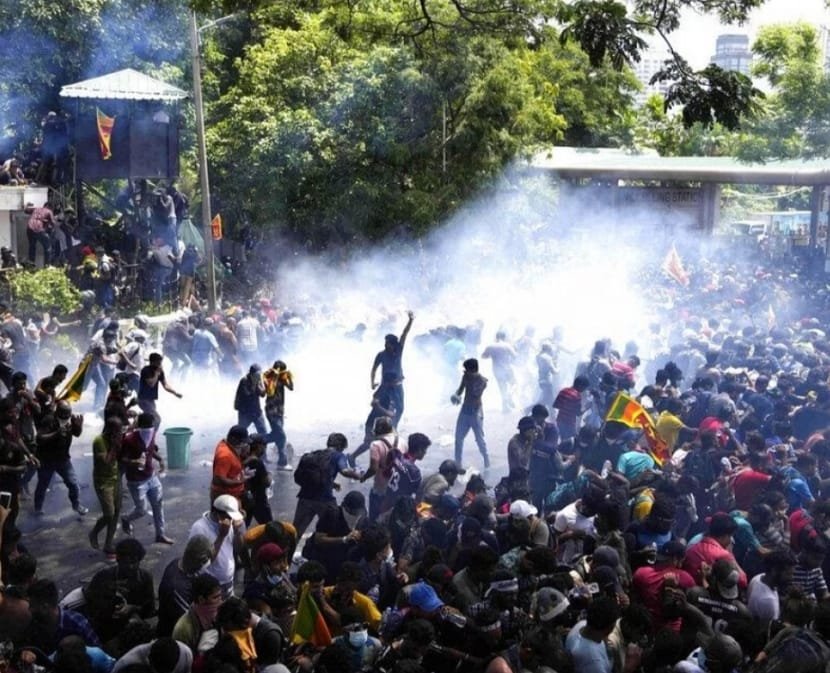
The Importance of a Mass Revolution
The importance of a mass revolution in Sri Lanka can be understood in several key contexts, particularly given the country’s ongoing economic, political, and social challenges. Here are some reasons why a mass revolution could be significant:
1. **Addressing Economic Inequality**: A mass revolution can serve as a catalyst for addressing deep-rooted economic inequalities in Sri Lanka. By mobilising the population, it can push for policies that promote equitable distribution of resources, better wages, and improved social services.
2. **Political Change**: Many citizens feel disillusioned with the current political system, which is often perceived as corrupt and ineffective. A mass revolution can create momentum for political reform, leading to more transparent, accountable governance and the establishment of a government that truly represents the people’s interests.
3. **Empowerment of Marginalised Groups**: Mass movements often empower marginalised communities, including the poor, rural populations, and ethnic minorities. By organising collectively, these groups can advocate for their rights and push for policies that address their specific needs and concerns.
4. **Resistance to Authoritarianism**: In the face of political repression, a mass revolution can serve as a powerful form of resistance. It can unite diverse segments of society against authoritarian practices, fostering a culture of democracy and civic engagement.
5. **Social Justice and Human Rights**: A revolution can highlight issues of social justice and human rights, promoting awareness and advocacy for the rights of all citizens. It can galvanise efforts to address systemic injustices and ensure that the government is held accountable for its actions.
6. **Sustainable Development**: A mass movement can advocate for sustainable economic practices that prioritise environmental protection and social welfare. This is particularly important for a country like Sri Lanka, which faces challenges related to environmental degradation and climate change.
7. **Civic Engagement**: A mass revolution encourages active civic participation, fostering a sense of community and collaboration among citizens. This engagement can lead to a more informed and active electorate, ultimately strengthening democracy.
8. **Cultural Identity and Solidarity**: A collective movement can foster a sense of national identity and solidarity among diverse ethnic and cultural groups. It can bridge divides and promote unity in the pursuit of common goals.
9. **Global Solidarity**: A mass revolution in Sri Lanka can resonate with global movements for social justice and change. It can inspire solidarity among other countries facing similar challenges, contributing to a broader dialogue about democracy and human rights.
10. **Historical Legacy**: Sri Lanka has a history of political movements and struggles for rights. A mass revolution can build on this legacy, drawing lessons from past efforts to create a more just and equitable society.
In conclusion, a mass revolution in Sri Lanka holds potential for transformative change across economic, political, and social dimensions. While the path to revolution can be fraught with challenges, the collective action of the populace can lead to meaningful reforms, greater accountability, and a more inclusive society.






